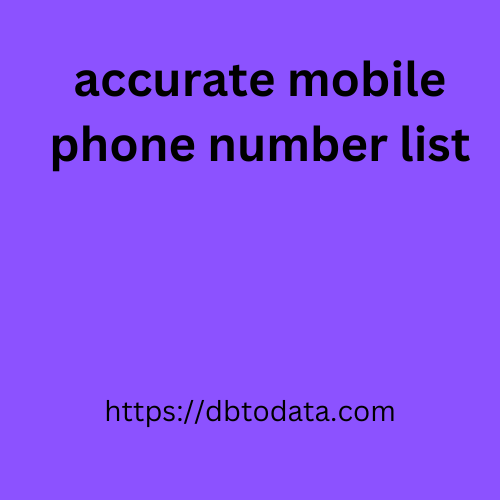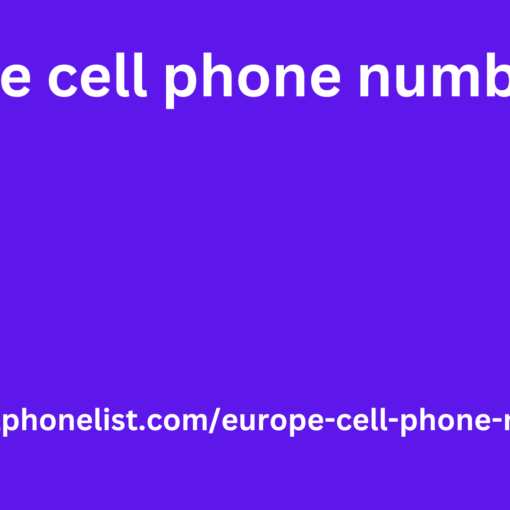Cleaning up a hacked WordPress site is no fun. At best, it’s an involved and time-consuming process that most of us would rather avoid. In this article, I’ll tell you about several things that you can do today to make your WordPress website more secure. Putting in a little time and effort now can prevent a hack from happening and keep your data safe.
The methods we’re going to cover to prevent a hacked WordPress site are steps that you can take to ensure the security of your WordPress installation. But in addition to making sure you’re doing everything right, you should also make sure you’re using WordPress hosting that takes WordPress security—and security in general—seriously.
How Bad Is the Hacking Problem?
More than 125,000 websites are hacked every day. That’s more than one site every second. 45 million a year, actually. With 235 million active websites, almost 1 in 5 are likely to be compromised this year.
While there are more than one and a half billion registered domain names, most of those domains are “parked.” That’s why the number of active sites is much smaller.
Those are pretty bad odds against us. Any steps accurate mobile phone number list we can take to strengthen our websites against attack are worthwhile.
Prevent a Hacked WordPress Website
The following tips are not presented in order ho an’ireo orinasa lehibe of importance because they are all equally important. As with any security measure, each additional action that you take increases your overall protection.
If you make it your goal to implement everything we talk about here, you will create the ultimate safe and secure environment for your WordPress website.
1. Refresh, Renew and Revitalize Your WordPress Password
Let’s start with something that isn’t necessarily specific to WordPress: passwords. It may not be an exaggeration to say that most of our lives revolve around passwords. But keeping track of dozens of passwords can be a pain, so it’s easy to become complacent.
We make passwords weaker so they are easier to remember, we reuse them and generally thumb our noses at password security “rules.”
But here’s the thing: there are a lot of ways to hack a WordPress installation, but the second most commonly used method is getting in the same way that you do: with your username and password.
The way hackers get your login cz leads credentials varies, but one method is called a “brute force” attack. That means trying to log in using automated programs that attempt dozens of logins every second.
So while it may be tempting to become lax with our passwords, remember that there are forces out there working around the clock to take advantage of weak password practices.
Using Password Managers
The good news is creating and maintaining virtually uncrackable passwords is easier than you might think. A password manager can not only store login credentials for you, but most of them can also generate secure passwords. This is in addition to automatically logging you into websites.
While it may be feel strange the first time you go to your bank website and are automatically logged in, password managers can make your life a lot easier.
And a lot more secure.
There are many choices when it comes to password managers. I use LastPass, which has a very useful free tier, and a reasonable “premium” pay platform. I wouldn’t be without it now, but all of the password managers serve primarily the same purpose. They just go about it in different ways.
Using Passphrases
If you’re not into the idea of storing all of your passwords in an app, you might consider transitioning to passphrases. A passphrase is just what it sounds like, a short phrase using words that you can easily remember, but that a brute force password attack would take years (or even centuries) to crack.
It seems counterintuitive at first glance, but the passphrase “ireallyhatepasswords” is more secure than “dU~a[Tz3(?jX7j.” That is, according to one password strength checker.
Both would theoretically take billions of years to crack. The accuracy of password checkers aside, they’re both excellent passwords, and in the world we currently live in, virtually uncrackable.
If you can add a character or number to a passphrase, it becomes even stronger. Simply capitalizing the words in your passphrase makes it exponentially more difficult to crack. For instance, “ireallyhatepasswords” = 16 billion years as opposed to “IReallyHatePasswords” = 17 quadrillion years.





